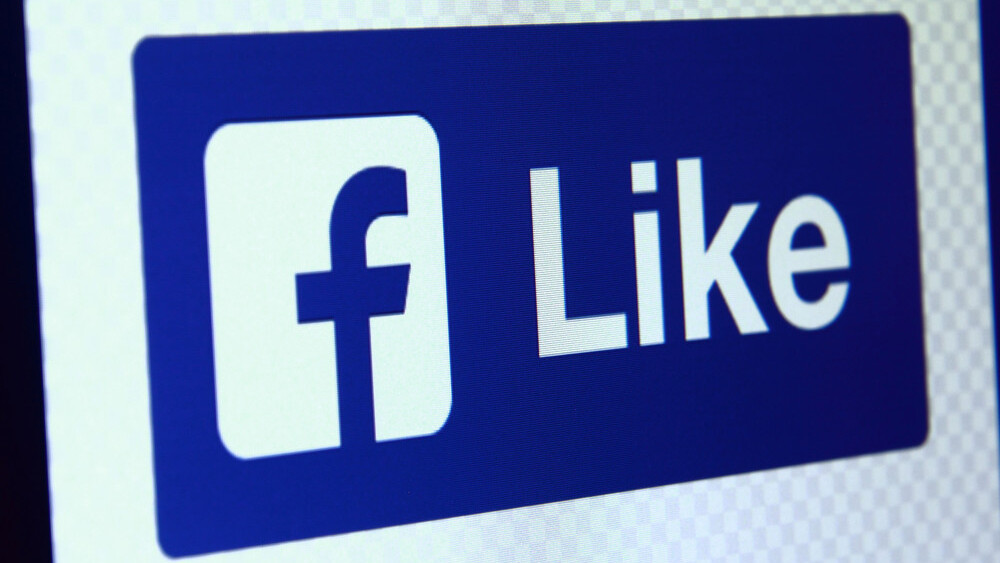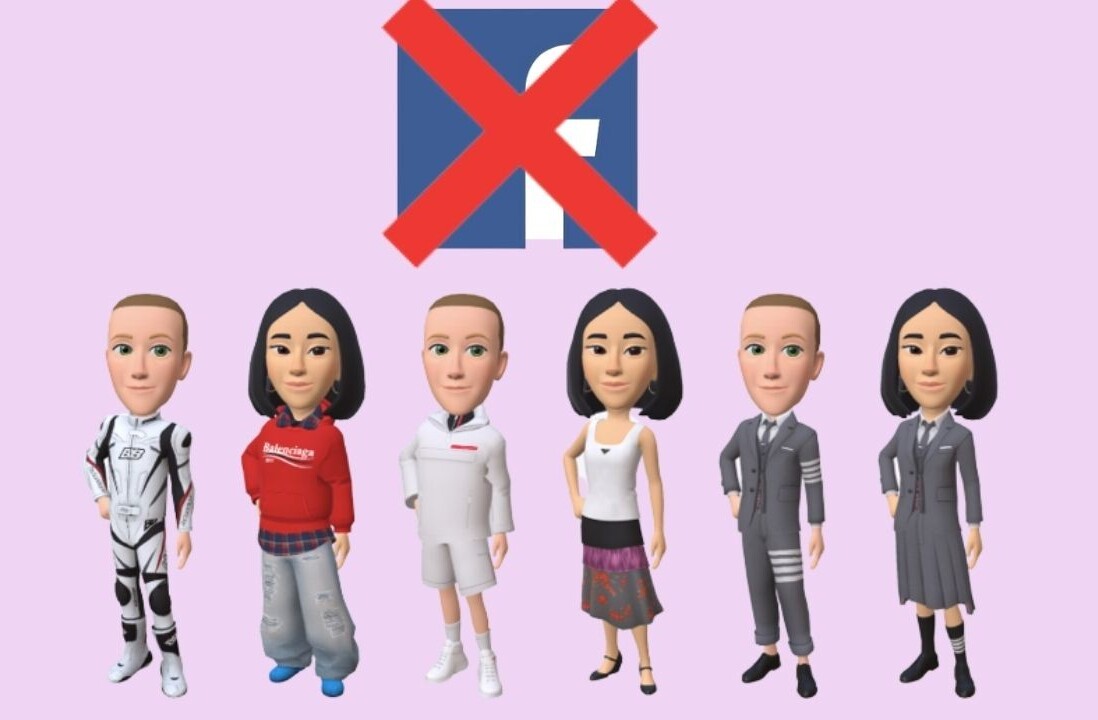
Your favorite news aggregator might be making you more thick-headed, entrenched in your own beliefs and ready to argue with anyone who offers an opposing viewpoint.
That’s because all those nifty news aggregating apps are trying to serve up articles that match your interests. And often times, that means getting a steady diet of pieces that align with your own opinions.
Research on the subject indicates we’re naturally drawn to that which we agree with. The problem is we end up automating our own opinions, only seeking out that which reinforces our own belief systems. With a fractured media landscape divided into publications that are sympathetic to a particular point of view, it’s an easy trap to fall into.
Try it by clicking an article on Facebook. You’ll see several more along the same lines, or an offer to like pages that align with the slant of the article. Like an article about Donald Trump (perish the thought) and you’ll be smacked in the face with a giant right wing.
Along with Facebook, other news-friendly apps are dominating how we get such content. Apple is jumping into the aggregation game with its own news app in iOS 9. Spotter recently launched on iPhone, with a focus on business and technology news. Wildcard is another elegant reader that bundles topics together. Nuzzel is a favorite as it taps into your existing network of contacts to hunt down news.
By comparison, in the pre-social media days you would go to your favorite news site and glance at the variety of stories on the page. You would by happenstance encounter a variety of topics and viewpoints that didn’t mirror your own, and perhaps one of them would be worth a read.

Go back even further to the time before the Internet. When newspapers dominated the day, you’d be exposed to different viewpoints as you flipped through the various sections. This was especially the case with the editorial pages, which featured opinion articles from across the political spectrum.
Aggregation, instead, is prone to producing what some computer scientists call the Filter Bubble. This means that people tend to gravitate towards content and ideas they agree with.
That’s why your Facebook feed is filled with articles about topics that you’re most interested in.
And the more you click on the same type of topics, Facebook is only too happy to keep serving up similar types of suggestions.
So instead of broadening your horizons, instead you might be narrowing your viewpoint and reinforcing your own beliefs. This isn’t that much of a cause for alarm when it comes to getting the latest smartphone rumors, but it certainly can impact how you vote or view larger social issues. And we know how bad Twitter and the comments section can be when it comes to narrow-minded trolls who yell at one another. We don’t need to further fuel the flames.
Another name for this phenomenon is reinforcement theory. Just like with the Filter Bubble, the underlying assumption is that people don’t like to be wrong and are uncomfortable when their beliefs are challenged. So they’re unlikely to go in search of viewpoints that disagree with them.

So what’s the solution?
Cornell researchers conducted an experiment where they isolated a group of Twitter users through hashtags on a common topic and location. They found that when prompted with articles with opposite views, they actually would click on them. It indicates that even those who speak openly about controversial issues (the subject researched was abortion) are open to differing views.
So what can you do to make sure you’re not just rehashing the same opinion piece over and over?
Just being aware of this phenomenon is the first step. After you’ve read the tenth article in a row that mocks a politician’s viewpoint (it’s easy to find) you may want to make a go at seeking out another view on the matter. If nothing else, be aware that the more you customize your news offerings, the more likely they’ll just be a reflection of your deeply held opinions.
Check out what you’ve subscribed to on social networks or in your favorite aggregation app.
Would all the opinions slant one direction? Or do you just happen to follow news about one particular company, say in Cupertino?
Take a risk and branch out a bit. Until the algorithms start doing it for you (and who knows,they might one day) it’s up to you to make sure you don’t turn into the object of your derision: the person with the other opinion.
Get the TNW newsletter
Get the most important tech news in your inbox each week.




